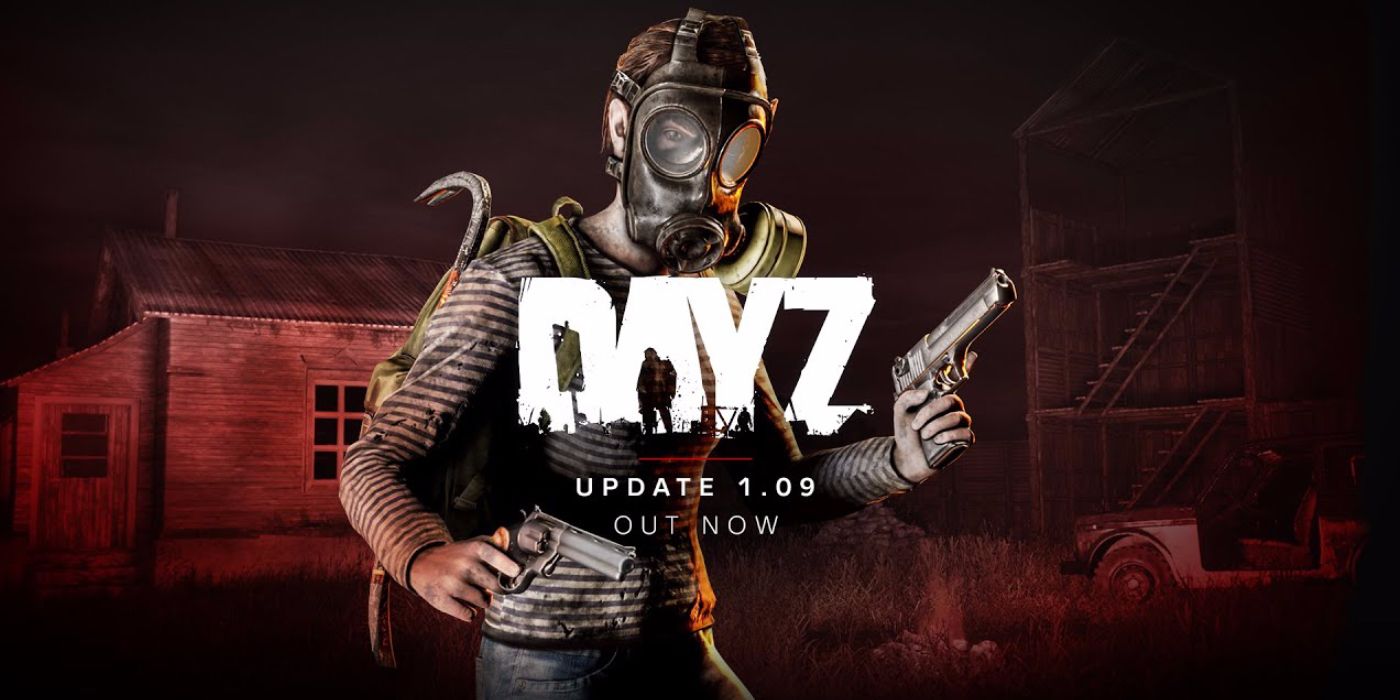
In the past, game designers have often sought to counter the problem by brute-forcing co-operative behaviour. Theoretically, a new player could be a good asset to your squad, but how do you know? In the split second you often have to decide these things, the diplomacy of the bullet makes more sense. In DayZ, you always have more to gain from shooting a stranger: not only are you safe, you also have a resource to plunder. It's like the Prisoner's Dilemma, the famous behavioural experiment that shows altruism, trust and co-operation are often unworkable factors when you don't know what the other participant is thinking. If you consider this at a systemic level, shooting always makes sense in a moment of indecision. Games are enormously complex now – and yet we're still being channeled down this zero-sum interaction channel: shoot or die. That's what it always was – an aggressive act committed on the game world. Even the word 'fire button' has aggressive connotations. Shooting doesn't require realistic visuals or complex game systems – in the great arcade shooters of the late-seventies, you had left, right and fire – those were your interactions with the game world. And from the very beginning of video games we have the intrinsic thrill of the shoot-kill feedback loop it is the most clear, instant and satisfying interactive sequence this medium has ever produced. In Call of Duty, there is no other motivation beyond killing, that's what you're there for.

Gamers have been conditioned by a generation of successful online shooters like Call of Duty and Quake to view other participants as targets. There are obvious reasons why this happens. It's gaming's equivalent of an ASBO – and we all know how effective those have been. Rockstar sometimes punishes such players, introducing a "bad sport" scheme to highlight them to others. And trouble often means being anti-social – chasing down and shooting other players, or camping out near key hotspots like custom garages and ammo stores blasting anyone who walks in. Players hit Los Santos, engaging in criminal missions and tasks, but when they're off duty they just cruise the streets in stolen cars, looking for trouble. We see the same thing now in GTA Online, the vast multiplayer spin-off from Grand Theft Auto V. There is a clear benefit to adopting a "shoot first" policy. And if you kill another participant, you can take their stuff. Each server houses up to 40 players, all desperately scavenging for the same meagre supplies. But just as in all the best zombie fiction, it's not the rotting monsters you often have to worry about, it's the other survivors. Players are pitched together into a stark landscape, and must survive for as long as possible, ransacking buildings for guns and food and avoiding the undead. Still only available as an early alpha build on Steam, but already immensely popular, Dean Hall's bleak, utterly unsentimental zombie survival game is unbearably tense and atmospheric. If I break cover and another player is nearby, I know they will shoot me.

I can't see any movement, there's no sound except birdsong, but the buildings are a two minute run away. The town is just out there in the near distance, a cluster of houses amid acres of flat scrubland.


 0 kommentar(er)
0 kommentar(er)
